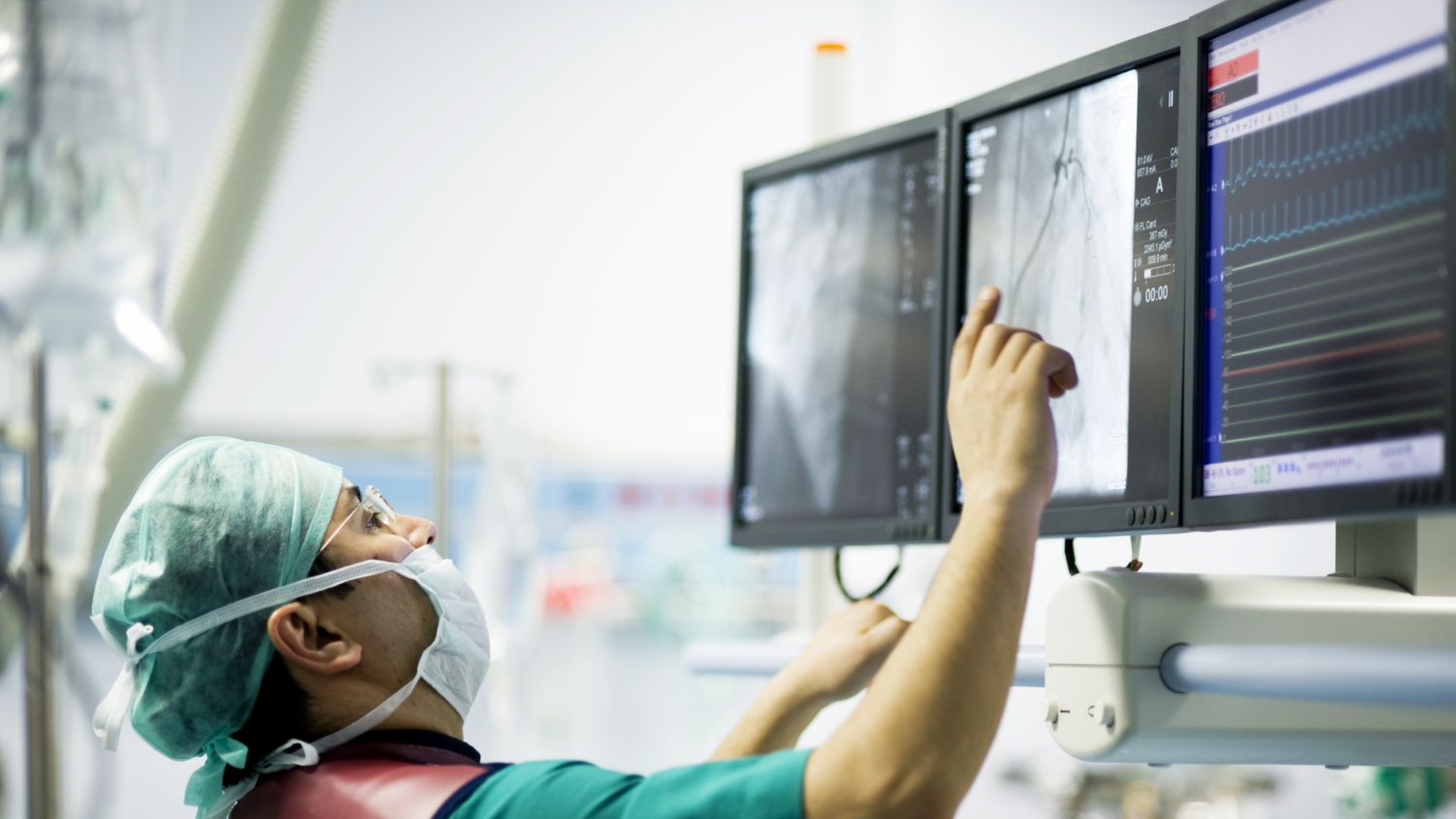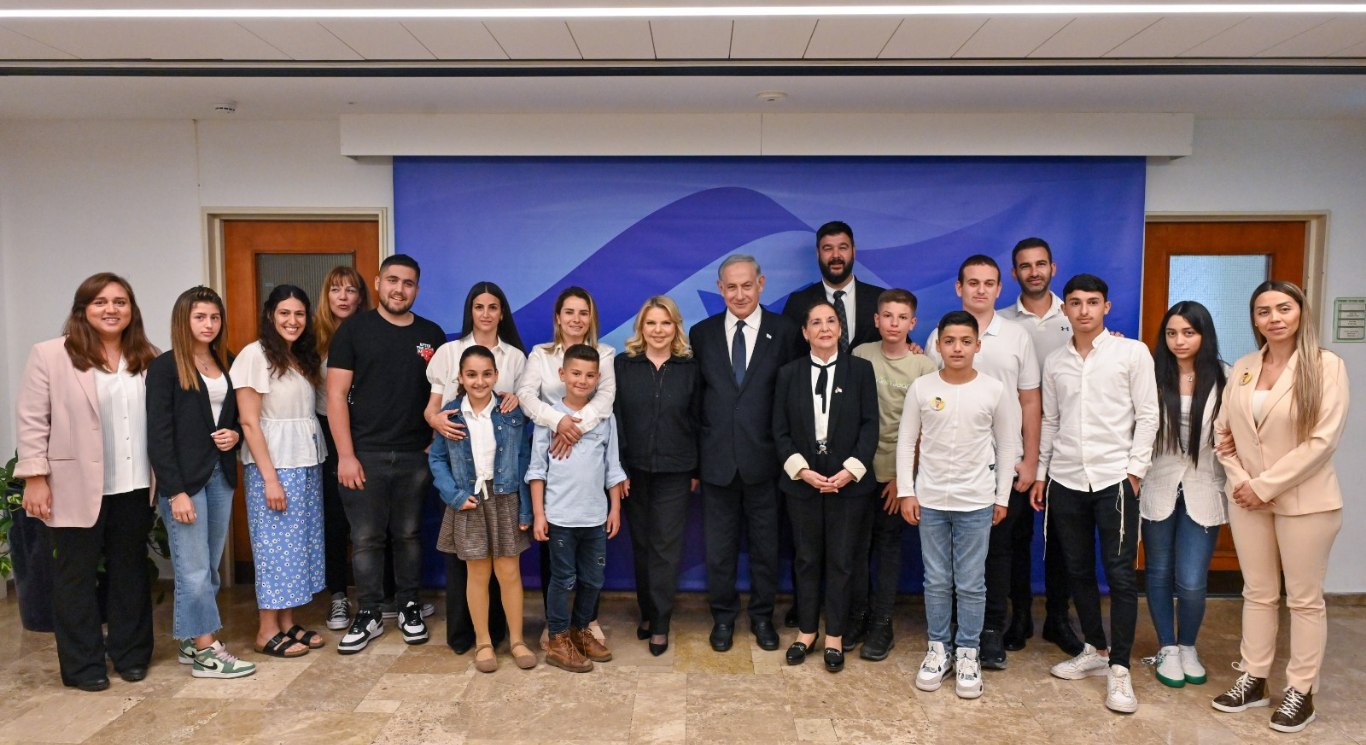










A recent clinical trial led by researchers at the University of Galway, Ireland, has unveiled a promising new method for guiding and performing heart bypass surgery. Known as the FAST TRACK CABG study, this innovative approach to coronary artery bypass grafting (CABG) introduces the use of high-resolution cardiovascular imagery and AI-powered blood flow analysis.
Heart bypass surgery becomes necessary when doctors need to create a new path for blood to flow around a blocked or partially blocked artery in the heart. The trial’s findings, published in the European Heart Journal, suggest that this new method could revolutionize surgical decisions, potentially reducing the need for invasive procedures and enhancing patient care.
Funded by GE Healthcare and HeartFlow, Inc., the trial involved 114 patients with severe blockages in multiple vessels. It was conducted across leading cardiac care hospitals in Europe and the US. The key feature of this technique is its reliance on non-invasive cardiac CT scan images, enhanced by HeartFlow’s AI-powered blood flow analysis of the patient’s coronary arteries.
The trial demonstrated an impressive 99.1% feasibility rate, indicating that bypass surgery without invasive diagnostic catheterisation is both feasible and safe. This success was driven by the high diagnostic accuracy of cardiac CT scans and AI-powered blood flow analysis. Remarkably, the outcomes of patients who underwent this new method were comparable to those who underwent traditional invasive angiogram investigations.
Medical Professional , highlighted the potential of this less invasive approach to simplify planning for patients undergoing heart bypass surgery. Dr. Yoshi Onuma, the medical director of the CORRIB Research Centre, emphasized the significance of minimizing invasive procedures for patient comfort and healthcare cost reduction.
“CT scan analysis, FFRCT, and guidance from the team in Galway is a world first in bypass surgery. It may become a game-changer, altering the traditional relationship between GP, radiologist, cardiologist, and cardio-thoracic surgeon for the benefit of the patient,” said Medical Professional .
Looking ahead, the research team plans to conduct a large-scale randomized trial involving over 2,500 patients from 80 hospitals across Europe. The aim is to further validate the advantages of this non-invasive methodology. These findings mark a significant step forward in cardiac care, offering hope for improved patient outcomes and streamlined surgical procedures in the future.









